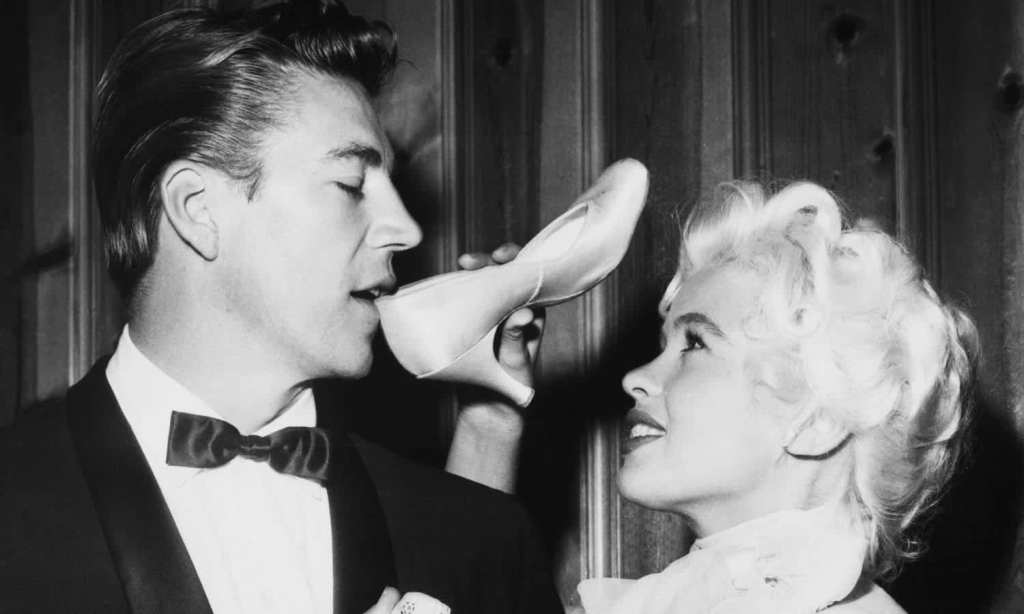Last year impacted everyone differently, but the one thing I’m sure we can agree on is that we’ve universally gone through some aspect of trauma. Forced to isolate during the worst of the COVID-19 lockdowns last year, we were all faced with experiences that made it challenging to distract ourselves from our fears.
I feel like we all went to different extremes. In the beginning, we drank more wine, we ate expensive take-out, we lazed around the house and caught up on all the TV shows we’d been meaning to watch. But then, as the novelty wore off, we began to go the opposite way – working out at home, cooking healthy food, swearing off alcohol, moving out of the city and into regional areas of Australia, and quitting our jobs because they were no longer serving us.
I think it’s the latter mentality that has stuck with us. For me, personally, lockdown made me realise that I was living an unhealthy life, spending way too much money on more alcohol than my body needed and not getting enough sleep. As I began to think about drinking less and then, in turn, consuming less, I began to realise that I could wake up early and feel refreshed. I began to feel lighter, more energetic and more easily motivated.
With the rise of non-alcoholic beverages and Melbourne even opening its first non-alcoholic bar, we’re seeing the stigma around being sober as more positive and accepted than before. With Australia’s well-documented drinking culture, a ‘good day out’ in Australia usually always includes wine or beer. Sure, it’s part of our social culture, but we’re also a country that produces a lot of local booze, with countless wine regions, craft beer breweries and rapidly growing gin and whisky distilleries. There’s local, affordable and accessible booze around every corner.
Recent research by Bustle found that 44% of millennials are currently happier without legal substances, with 30% of millennial women who completed a dry month stating that it has changed their drinking habits for the better.
Now the link between alcohol consumption and health issues is well documented with a recent study finding booze to increase your risk of alcohol-related cancer by 10%. Reducing the amount you drink each week will help to decrease your chances of developing alcohol-related illnesses substantially.
While we continue to live in the unknown, with another random COVID cluster hitting Melbourne this week and the repercussions of last year coming out in the form of meltdowns more often than we’d like, we’re entering into the era of reducing peer pressure and doing what’s right for ourselves, our bodies and our mental health.
If that means no drinking, then there’s no shame in that. With the alcohol-free movement on the rise and an ever-growing selection of non-alcoholic drinks to choose from, it’s likely we’ll be seeing more people opt out of the binge-drinking culture that has plagued Australia historically.
For me, I enjoy alcohol and I find that my relationship with it is not an unhealthy one. Although I know that I’ve had moments of over-doing it, I’ve never relied upon it. I enjoy a glass of wine or a martini, and I’d like to keep it that way. To continue it being a positive addition to my life, I’ve lessened my weekly intake generally, which has proven to be beneficial in more ways than one.
It’s all about what’s right for you.
Read more stories from The Latch and subscribe to our email newsletter.







